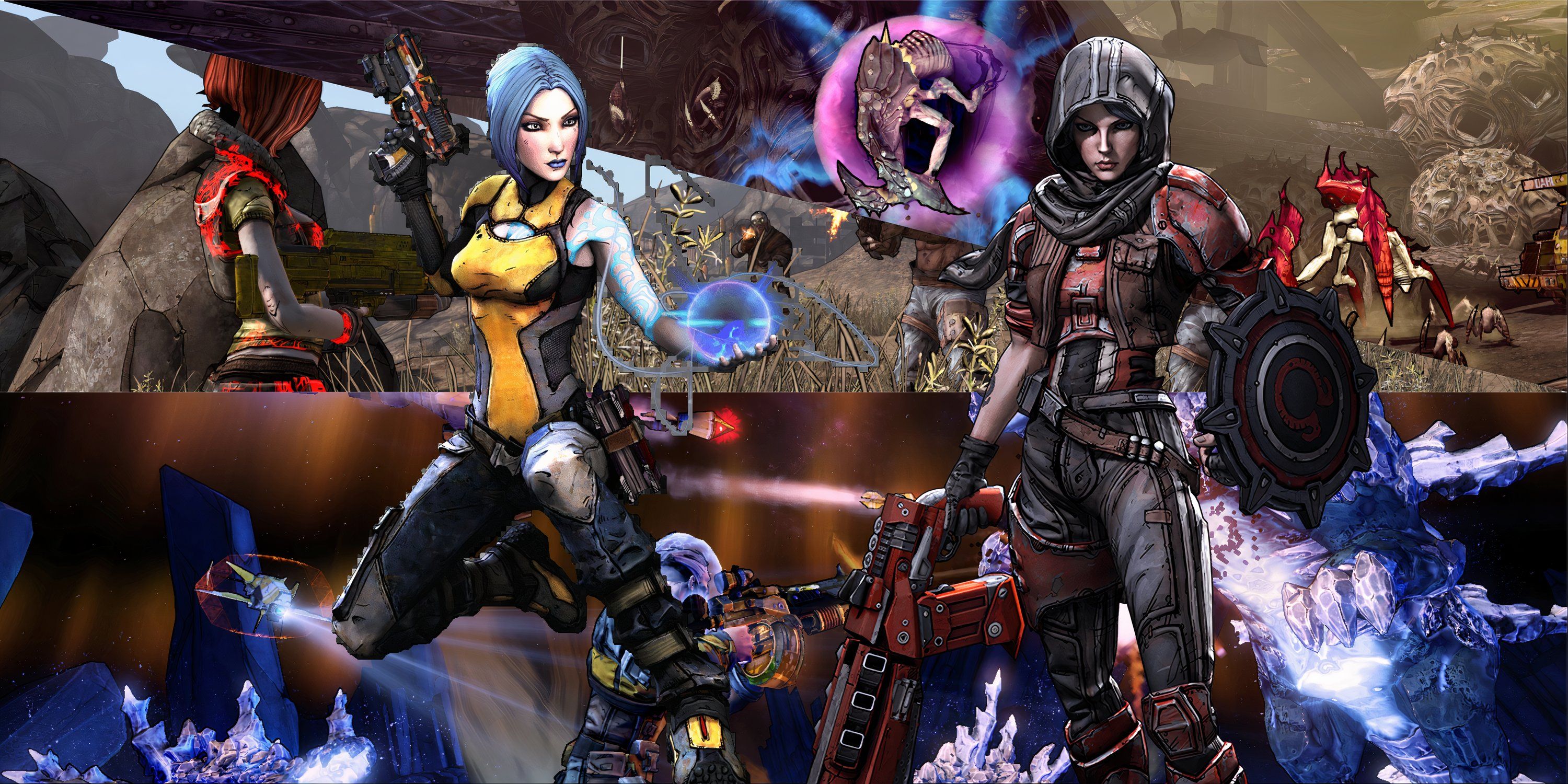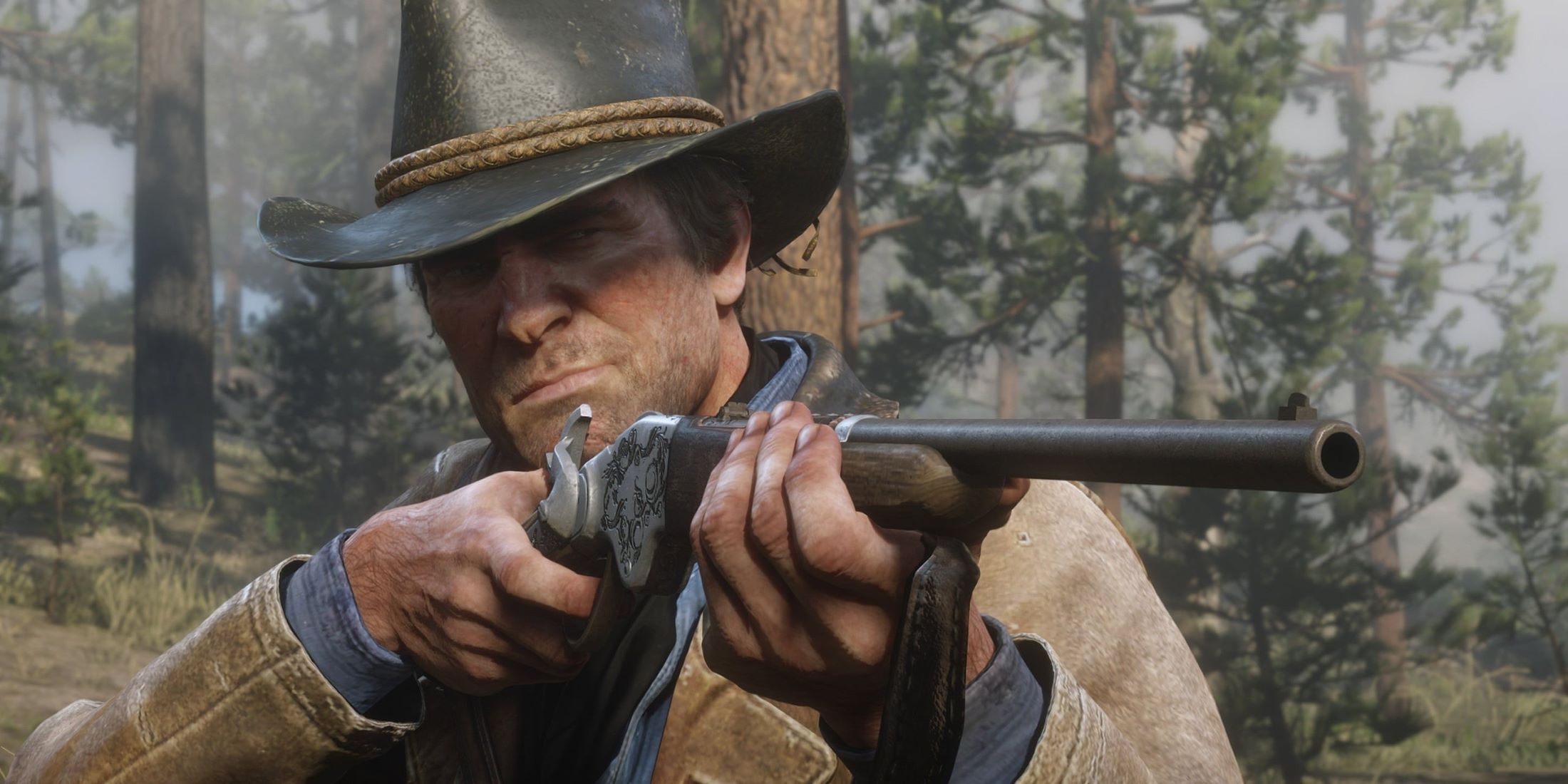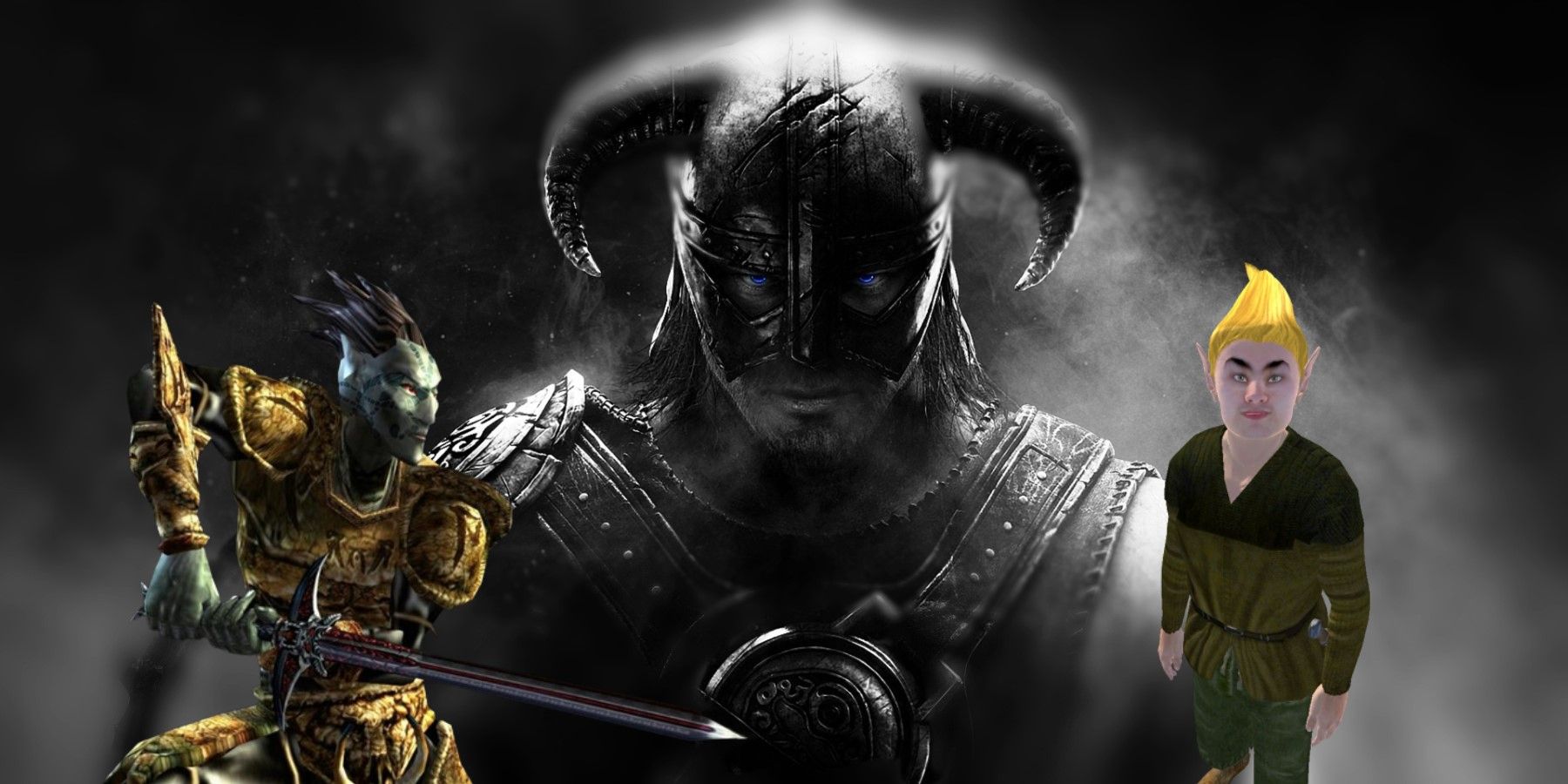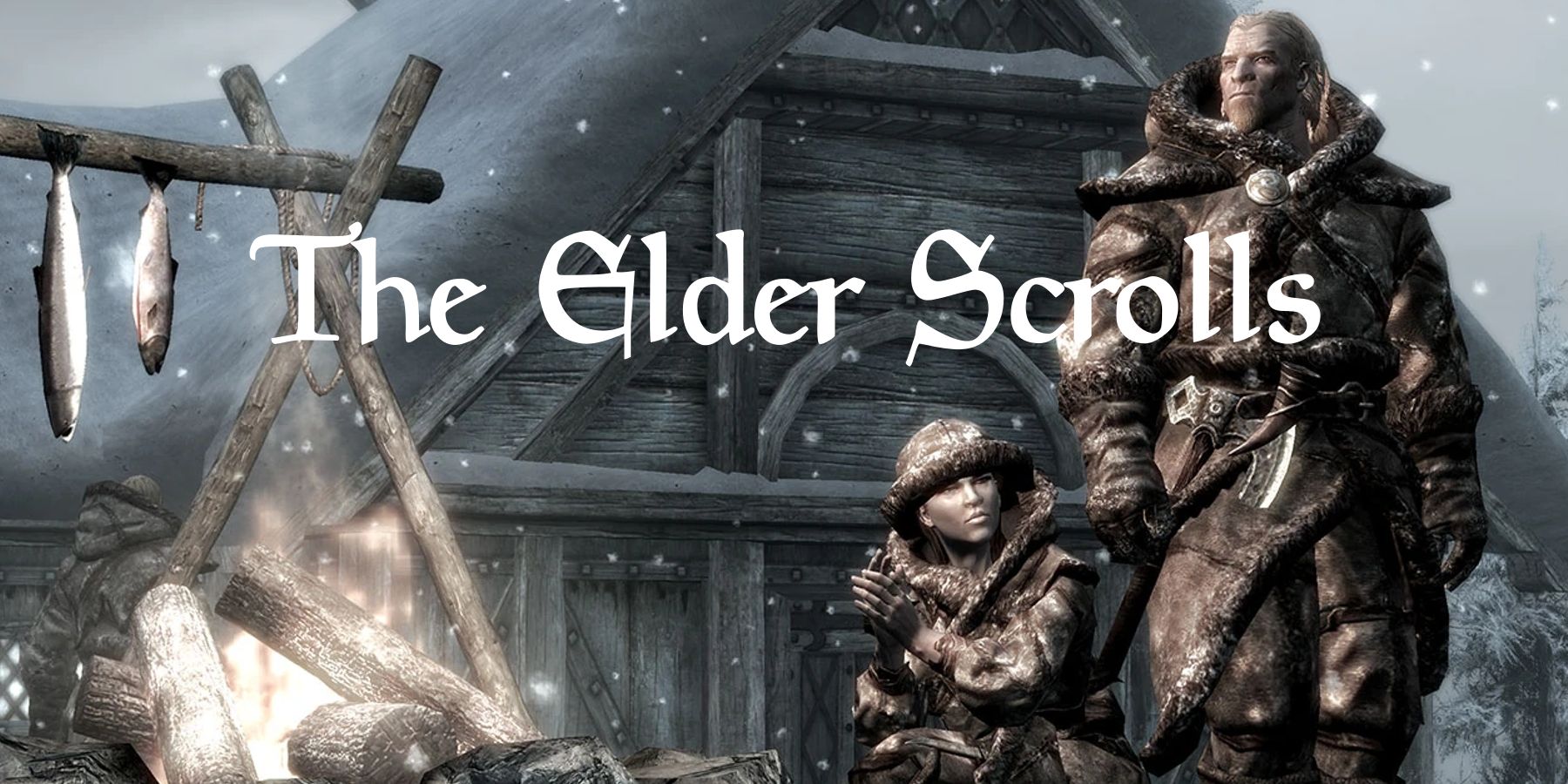The Elder Scrolls 6 is arguably one of the most highly anticipated games currently in development across the entire industry, which is likely in good part due to the overwhelming success Skyrim enjoyed over the many years since its initial release. In The Elder Scrolls series, players typically make their own hero via an ever-evolving character customization menu, and in classic RPG style, they can also choose their avatar's affinities in terms of abilities or even classes, more a la Dungeons and Dragons. This is a huge part of the overall experience that is virtually guaranteed to return in The Elder Scrolls 6, and it's often also used as a plot device to forward the story to a degree.
In typical RPG fashion, the installments of the series thus far have seen players starting out as lowly people of Tamriel with little equipment for their adventures, which always begin with the main quest bestowed upon the playing character by NPCs. This quest can take several turns and take players throughout a good chunk of the region of Tamriel the games are set in, exploring dungeons and settlements, and crafting their own fate by interacting with various other characters. The Elder Scrolls 6's region is rumored to be Hammerfell, but regardless of this detail, the story shouldn't be one where players control the "chosen one," the ultimate hero stereotype that populated earlier entries in the series.
Why The Elder Scrolls 6 Needs a New Origin Story
Skyrim is one of the biggest examples of the "chosen one" trope because the players control a legendary being called Dovahkiin, the Dragonborn, whose return was foretold in a prophecy about destruction of all of Nirn, the plane on which Tamriel is located. The prophecy also stated that Alduin, the Nordic dragon god of time, would return to bring about devastation and would be stopped only by the one individual gifted with the powers of the Thu'um, the Storm Voice, also known as dragon shout.
To an extent, Oblivion had the same trope as well because the player was a somewhat experienced fighter who happened to be in the very cell that the emperor needs to use to escape from assassins, and then becomes the hero that saves the empire and the entirety of Nirn. Once again, this does make sense in the grand scheme of things that Oblivion's inciting incident sets in motion, and it still creates an interesting overarching narrative for The Elder Scrolls 4 to thrive on, but it is also a recurring trope in video games.
Going back to Morrowind, players are once again the chosen ones when Azura allows Nerevar to reincarnate and punish the Tribunal. This protagonist, called the Nerevarine, follows a similar story to that of both Oblivion and Skyrim in terms of how the main character's climb to power happens and how they can reshape the history of the world. The classic open-world setting of The Elder Scrolls series is huge in Morrowind, and it also helps tell a story about the Dwemer, a mysterious people that vanished from Tamriel.
The Elder Scrolls 6 needs something fresh in the story department, and it should prove that a game with a scale as epic as The Elder Scrolls series can do without an all-powerful protagonist that is destined to change the world. This would also be great for the RPG part of the series, where playing as the "chosen one" one time too many can become stale and uninteresting, especially for those who plan on replaying the game as different characters. Ultimately, the chosen one trope is oftentimes used to tell grand stories, but many other video games have proven time and again that it's not needed in order to make a piece of fiction compelling.
The Elder Scrolls 6 is currently in development.





